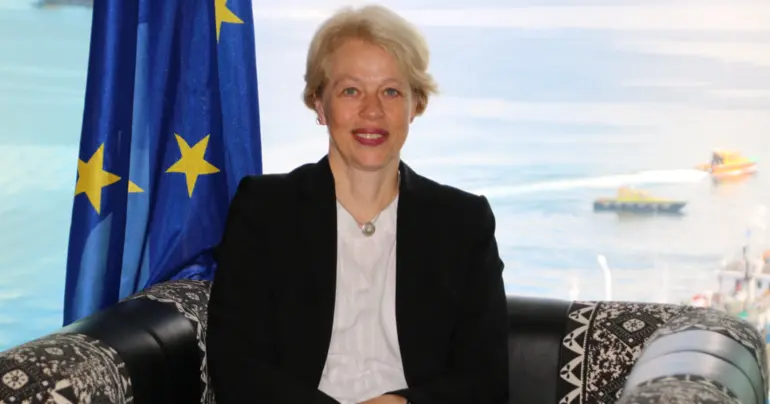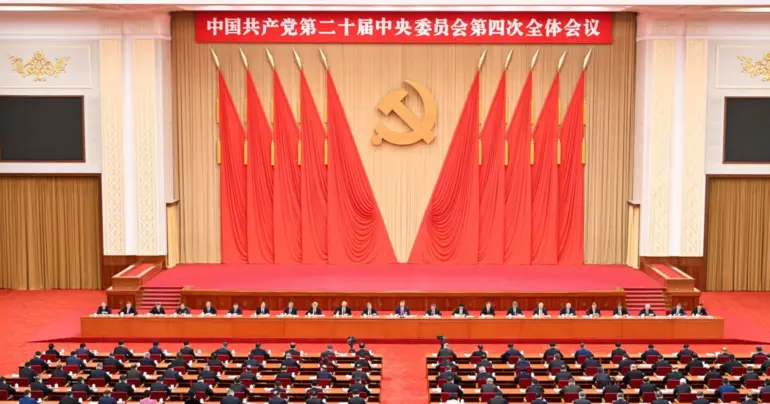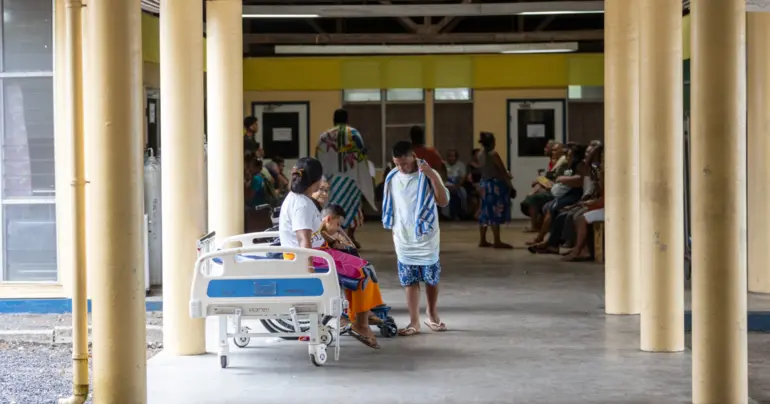Would you like flowers with that?
We are a tropical paradise. Flowers grow in abundance in Samoa. The largest family of flowering plants here is the orchid family (Orchidaceae), with 101 native species. No other Polynesian island has such a rich orchid flora. Why aren’t we looking at exporting flowers? I was talking to a few key people in the FAMA OMONEA project who are looking at doing exactly this.
What is the inspiration behind your project?
The establishment of the cut flower and Ornamental Horticulture industry in Samoa for the last 30 years has been under-developed and confined to a few women business growers and not widely available. First, Samoa needs to have an Ornamental Horticulture Industry where cut flowers are a part that should stand the test of time but more importantly to develop it to become of great economic value through Cut Flower Export Market.
One of the ways to realise this inspiration is to have more women involved and provide the necessary ownership mechanisms as a drive to move activities forward. Grass root women can be coached in an enabling environment if they see benefits. These women need activities they believe works for them. They are resilient in the face of adversity but all those obstacles they see, perceived and internalised evaporate if they realise there is something huge in it for them. That’s our angle.
Why did you start the project and are there many in Samoa?
We started the project by merging two civil societies FAMA and OMONEA women members as required by Phama Plus Samoa. Merging will increase the number of women to 40 that is 20 per group. As aware, grass root women are a force to be reckoned with. Nurtured in a right environment, economies of scale are reduced and a sustainable economic life for them is achieved through empowerment, knowledge sharing and networking in areas that are viable for business creation thereby accessing markets while overall development of their management as well as entrepreneurial skills are enhanced.
How do you feel about this project and what it will do for Samoa?
The project will give Samoa a blooming ornamental horticulture sector that will play a significant role in the country's domestic and export markets following a new partnership with The Pacific Horticultural and Agricultural Market Access Plus (PHAMA PLUS) program.
What advice would you give to others?
They say that different strokes require different brushes. I believe there are no set rules, but two important issues must be taken on board. Content and process. My best advice is concentrating on the process. The content can be changed accordingly.
However, you need to be a jack of all trades to achieve your goals. In our case, most of our project members are all gardeners. They only need an updated version of the training. Our Executives have substantial knowledge and skills in Agriculture, germplasm development, breeding, tissue culture techniques and skills which are our greatest assets in dealing with flowers, how to multiply and mass produce them. Vegetative propagation also is part of our continuous training to enhance production for some selected species.
Community projects are rife with challenges some referred to as group dynamics. Problems and adversaries are inherent in groups as the differences in perspective and perceptions are diverse. Such is welcome, I believe that these are inherent in successful projects as well. I have talked about Context and Process where importance is placed on process. The process includes to a larger extent the stringent and complex requirements imposed by donors.
Overcoming these can lead to more efficient resource utilisation and direct impact on communities involved. If these processes are streamlined efficiently, greater focus on the direct and actual implementation and success of the initiatives, rather than getting caught up in administrative tasks that may not directly contribute to the project's goal. Enjoy another peaceful Sunday, Samoa.











